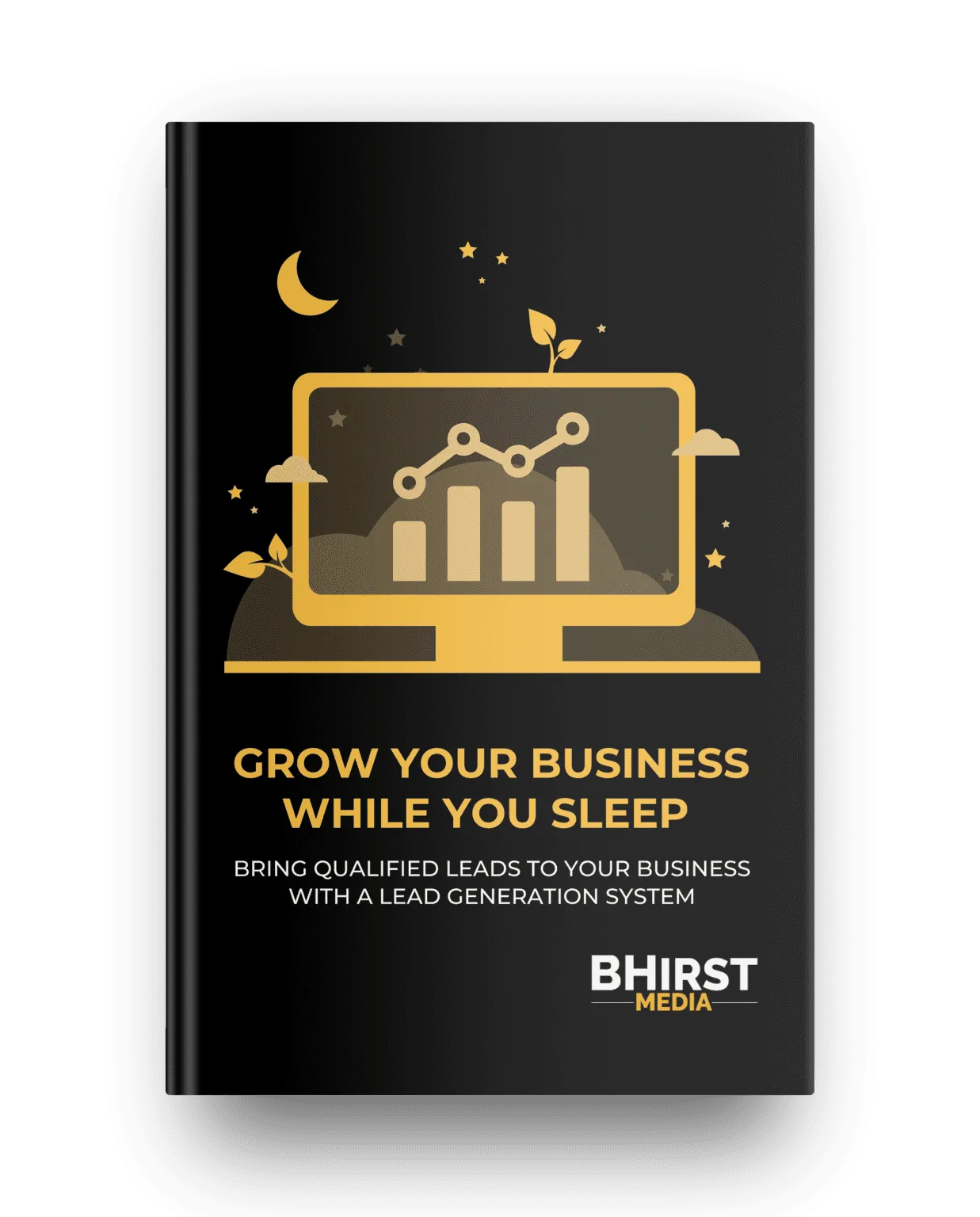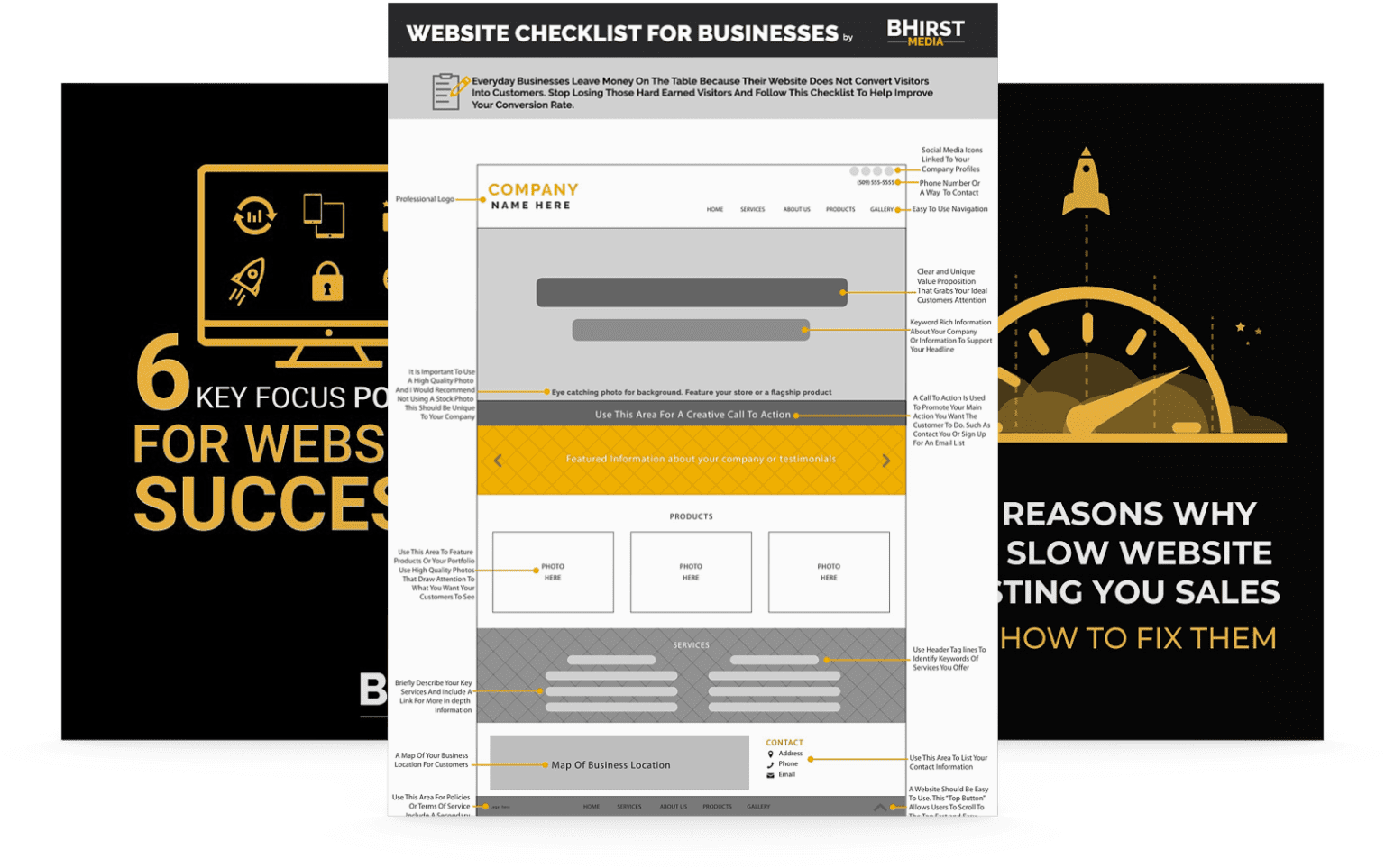
Blogging evolves into an adaptable and cost-effective tool for small businesses, offering benefits far beyond visibility and leads. In the sections ahead, we’ll dive deeper into what makes blogging a sound investment in 2025 and how to maximize its potential for your business.
As the digital landscape shifts, small businesses face a critical question: Is blogging in 2025 still worth the investment? With an escalating digital content race, it’s natural to question if the time-honored strategy retains its effectiveness.
In an age where every corner of the internet is contested, the answer lies in understanding the evolved role of blogging. Beyond the traditional perks of SEO enhancement and lead capture, blogs now offer unique advantages in crisis management and brand adaptability, ensuring small businesses thrive amidst market volatility.
This article will explore how blogging for small businesses in 2025 goes beyond marketing—fortifying brands, building trust, and paving the way for sustainable growth. Whether considering investing in blogging or seeking to maximize your current strategy, let’s delve into making it a sound choice for your business.
In 2025, blogging remains a vital tool within the digital marketing toolkit, particularly for small businesses striving to make an impact in a crowded online landscape. This year has seen strategic alterations in how content, SEO, and consumer engagement have evolved, with blogging adapting to keep pace.
Observing current data, small business blogging has undergone a shift, abandoning traditional strategies for more user-focused and SEO-enriched content. To meet consumer demands and the need for better Google discoverability, blogs have become more interactive, data-driven, and genuinely interested in showcasing industry knowledge.
For instance, a recent survey by Netcraft Analytics shows that high-performing blogs in 2025 now provide engaging narratives, in-depth industry insights, and practical advice—elements that seamlessly integrate SEO efforts while maintaining a focus on reader experience. This development has promoted a blog renaissance where information quality and engagement are king.

In an era dominated by visual content, paid social media advertising, and influencer marketing, the question arises: is small business blogging in 2025 still valuable? Recent studies suggest a resounding affirmation, with 84% of surveyed B2B marketers reporting positive ROI from their blogging efforts in 2025, according to a HubSpot report. This stands in stark contrast to the 68% satisfaction rate associated with paid advertising in the same period.
The core reasons for blogging’s enduring relevance include SEO visibility and lead generation through evergreen content. SEO in 2025 has evolved to reward quality, relevant content that answers user queries, which typically longer blogs are prepared to offer. Moreover, a comprehensive survey by Semrush found that businesses investing in ongoing, relevant blog content saw an average of 12% increase in leads and a 15% gain in traffic. The enduring value of blogs as historical repositories of in-depth knowledge allows for the discovery of new audiences and the recycling of valuable resources.
Efficiency gains are only part of the equation—true business impact comes from seamlessly integrating blogging into your broader financial strategy. The discussion on the ROI of business blogging in 2025 includes impressive data pointing to the financial profitability of this marketing strategy. A 2025 report from GroupM shows that small businesses with active blogs achieved, on average, $2 revenue generated for every $1 spent on their blog. Furthermore, the lifetime value of a blog-acquired customer was calculated to be 30% higher than one acquired through paid advertising or organic search results, due to increased loyalty and engagement.
However, the journey wasn’t without hurdles. Implementing a sustainable content creation strategy requiring consistent time and resources was their primary challenge, along with the ever-shifting SEO landscape. They coped by leveraging user engagement metrics, which allowed GreenOil to fine-tune their SEO effectively, and repurposing blog content across formats to optimize reach.
Financial returns are impressive, but the true versatility of blogging shines during times of crisis—providing a platform for communication and adaptation. Blogging’s role as a crisis management tool and a means of enhancing business adaptability has become undeniably pivotal.
An example is Backpack Buddy, an eco-friendly travel company. When the travel industry faced disruptions due to market volatility and unpredictability, they leveraged their blog to keep customers informed and engaged:
Beyond tourism, blogging plays a crucial role across various sectors. In healthcare, blogs can disseminate crucial information during pandemics. In finance, they can explain complex market shifts, and in education, they offer remote learning resources. This versatility extends to legal, retail, e-commerce, environmental science, and even consumer behavior sectors, proving blogs are essential for clear communication and resilience.

Successfully navigating crises is just the beginning. Blogging’s strategic advantages further amplify returns on investment. Google’s EAT (Expertise, Authoritativeness, Trustworthiness) guidelines, which became more rigorous in 2025, demand longer, informative blog posts for better rankings. A study by Moz revealed that users engage more with blogs comprising 1,800 words and above, with optimal engagement metrics found within a sweet spot of 1,500 to 2,000 words. For readers in 2025, in-depth analysis, actionable insights, and the inclusion of multiple media types (images, videos) are taking center stage.
A case study from Maverick Medicines further demonstrated blogging’s effectiveness by showing:
By following these guidelines, a small business can create an adaptive, authoritative, and engaging blog that not only survives but thrives in 2025, providing a robust platform for effective digital marketing.
Blogging in 2025 retains its place as a cornerstone marketing strategy for small businesses by offering unparalleled value—from enhanced SEO visibility and lead generation to adaptability during crises and cost-effective content repurposing. With a focus on quality, engagement, and strategic alignment with modern SEO standards, blogs deliver not only traffic but also trust and long-term ROI.
By embracing best practices and leveraging blogs as part of an integrated marketing strategy, small businesses can build authority, cultivate engagement, and achieve sustainable growth in the digital era. The businesses that treat their blogs as evolving assets, continuously adapting to audience needs and technological advancements, will be best positioned to thrive. The real question isn’t whether to blog, but how strategically and effectively you can leverage blogging to build a resilient, future-proof brand.
